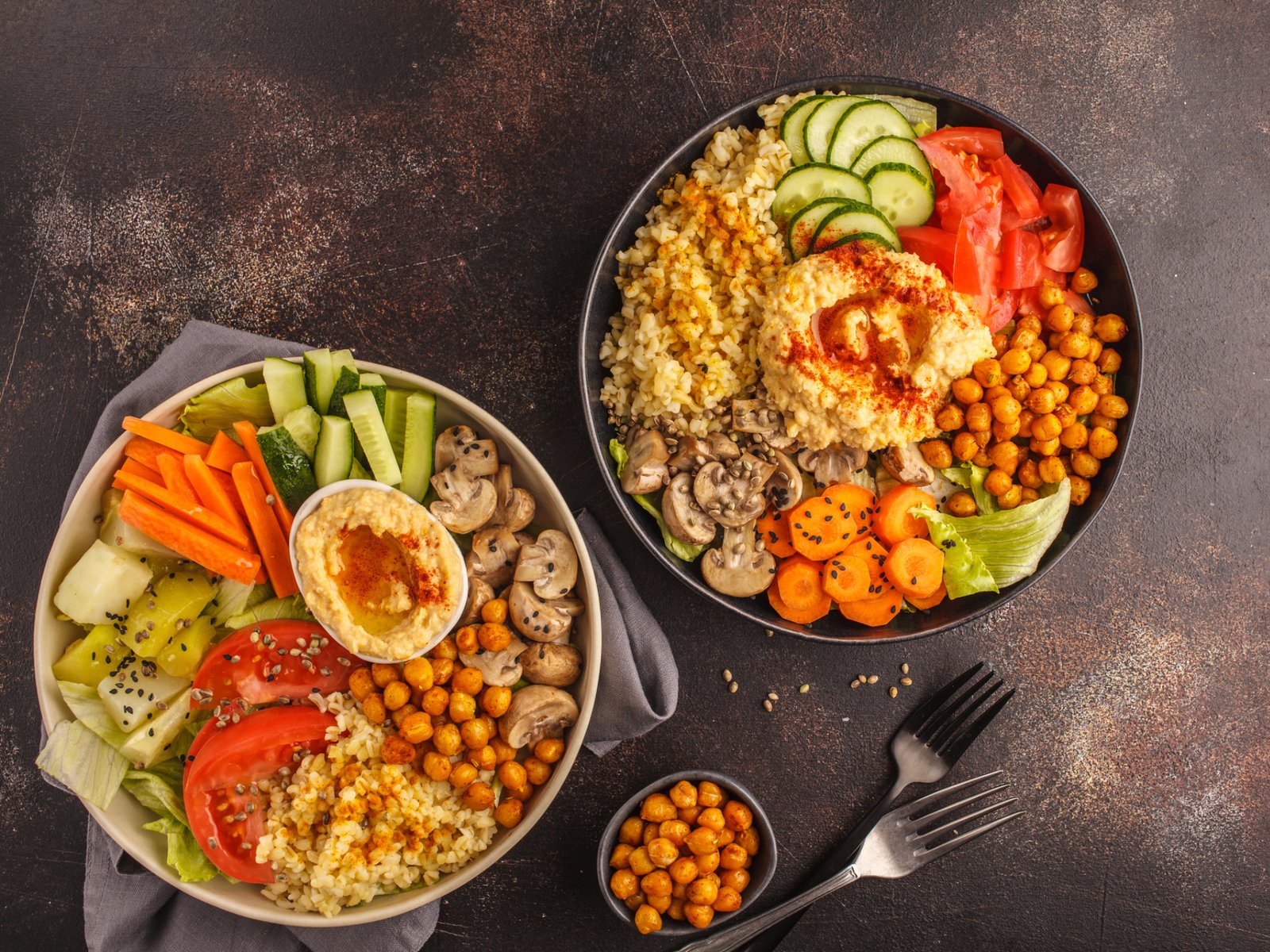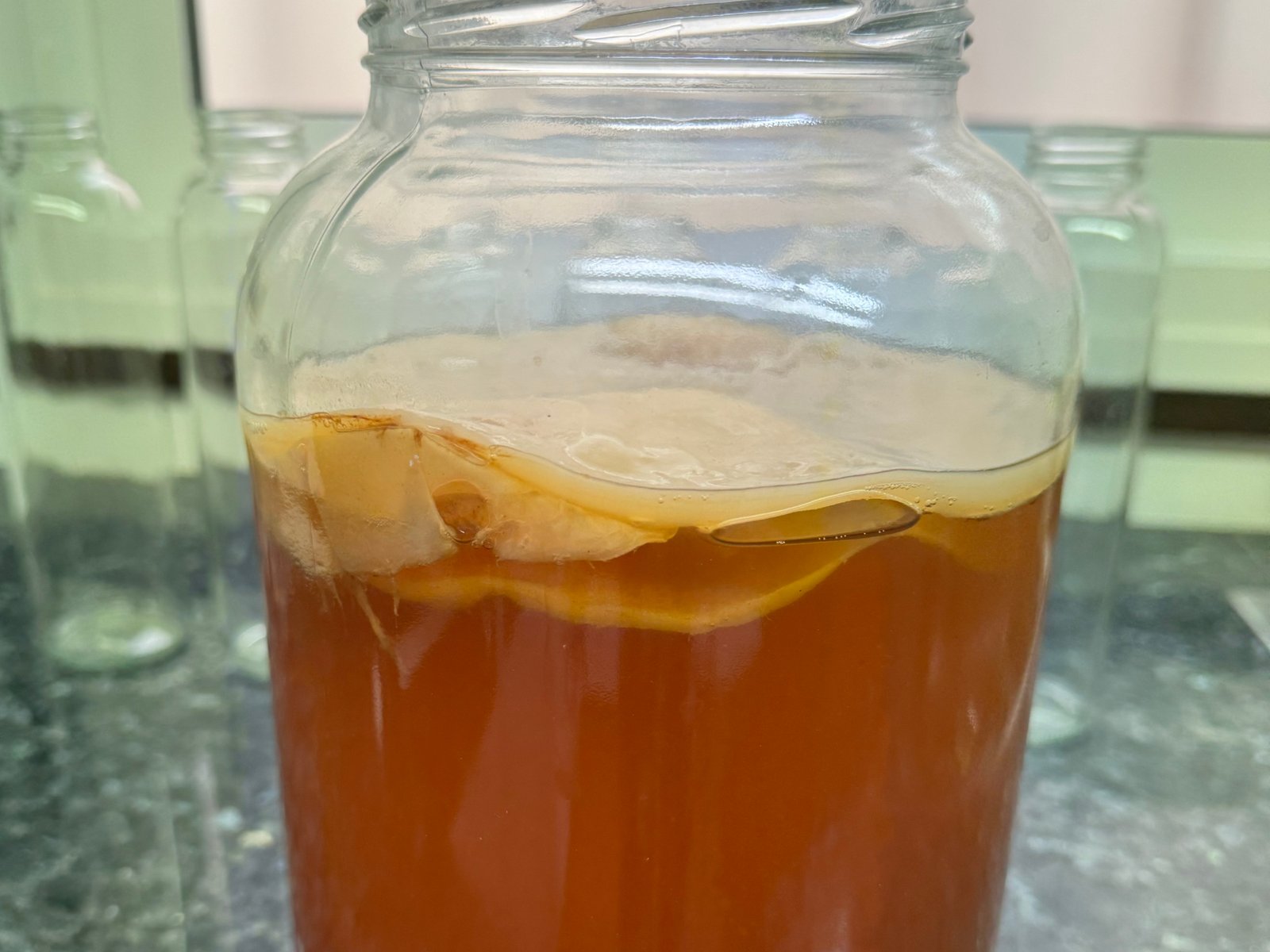
Switching to a vegan diet can be both exciting and daunting. As more people become aware of the benefits of a plant-based lifestyle, interest in veganism has surged. From health improvements to environmental sustainability and animal welfare, there are many compelling reasons to make the change. However, transitioning to a vegan diet comes with its own set of challenges. Many people are unsure where to start or worry about missing out on essential nutrients. This guide aims to provide practical steps and helpful tips to ensure a smooth and healthy transition to a vegan diet. Whether you’re motivated by health, ethics, or the environment, this guide will help you navigate your new lifestyle with confidence and ease.
Understanding veganism
A vegan diet eliminates all animal products, including meat, dairy, eggs, and honey. Instead, it focuses on plant-based foods such as fruits, vegetables, grains, nuts, seeds, and legumes. Beyond just a diet, veganism often extends to lifestyle choices that avoid animal exploitation, including the use of leather, wool, and certain cosmetics. The benefits of adopting a vegan diet are numerous. Health-wise, a well-planned vegan diet can reduce the risk of chronic diseases like heart disease, diabetes, and certain cancers. Environmentally, it reduces your carbon footprint and conserves water and other resources. Ethically, it spares animals from the cruelty of factory farming. Understanding these aspects can strengthen your commitment and help you articulate your reasons for going vegan to others.
Preparing for the switch
Preparation is key to a successful transition to a vegan diet. Start by educating yourself about vegan nutrition to ensure you’re aware of how to meet your dietary needs. Resources like books, documentaries, and reputable websites can provide valuable insights. Setting realistic goals is also crucial; don’t expect to go vegan overnight. Instead, plan a gradual transition where you start by incorporating more plant-based meals into your diet. Stock your pantry with vegan staples like beans, lentils, tofu, nuts, seeds, whole grains, and a variety of fruits and vegetables. It’s also helpful to find vegan-friendly recipes that excite you and experiment with new ingredients. Planning and preparation will make your transition smoother and more enjoyable.
Gradual transition steps
Transitioning to a vegan diet doesn’t have to be an all-or-nothing approach. Start by replacing one meal a day with a vegan option. Breakfasts are often the easiest to switch, with options like oatmeal, smoothie bowls, or avocado toast. Once you’re comfortable, increase the number of vegan meals gradually. Explore plant-based alternatives to your favourite non-vegan foods. For instance, try almond milk instead of cow’s milk, or use chickpea flour to make an egg-free omelette. Incorporate a variety of fruits, vegetables, whole grains, nuts, seeds, and legumes into your diet to ensure you’re getting a range of nutrients. Gradual changes allow your taste buds to adjust and give you time to discover new favourite foods.
Nutritional considerations
One of the most common concerns when switching to a vegan diet is ensuring you get all the necessary nutrients. Protein, iron, calcium, vitamin B12, and omega-3 fatty acids are often highlighted. Fortunately, there are plenty of plant-based sources for these nutrients. For protein, incorporate beans, lentils, tofu, tempeh, and quinoa into your meals. Iron can be found in spinach, lentils, chickpeas, and fortified cereals. Pair iron-rich foods with vitamin C sources like bell peppers and citrus fruits to enhance absorption. For calcium, include fortified plant milks, tofu, and leafy greens like kale and pak choi. Vitamin B12, which is not naturally present in plant foods, can be obtained through fortified foods (soy milk, nutritional yeast) and supplements. Omega-3s can be sourced from flaxseeds, chia seeds, hemp seeds, and walnuts. A varied and balanced diet will help you meet your nutritional needs.
Practical tips and resources
Meal planning and preparation can make a big difference in sticking to a vegan diet. Plan your meals for the week and create a shopping list to ensure you have all the ingredients you need. Batch cooking can save time and ensure you have healthy meals ready to go. When grocery shopping, focus on whole foods and try to avoid overly processed vegan junk food. There are many resources available to help you on your vegan journey. Cookbooks, blogs, and mobile apps offer a wealth of recipes and meal ideas. Joining vegan communities online or locally can provide support, advice, and inspiration. Being prepared with practical strategies and resources will make your transition smoother and more enjoyable.
Dealing with social situations
Navigating social situations can be one of the trickiest aspects of switching to a vegan diet. Dining out, attending social gatherings, and explaining your dietary choices to others can be challenging. When eating out, look for restaurants with vegan options or call ahead to ask about vegan-friendly dishes. Many cuisines, such as Indian, Thai, and Middle Eastern, offer naturally vegan options. For social gatherings, consider bringing a vegan dish to share. This ensures you have something to eat and introduces others to delicious vegan food. Be prepared for questions and comments about your diet. Explain your reasons calmly and confidently, and remember that you don’t have to justify your choices to anyone. With a little planning and a positive attitude, you can enjoy social events without compromising your diet.

Key takeaways
Switching to a vegan diet is a significant and rewarding lifestyle change. By understanding the principles of veganism, preparing for the switch, taking gradual steps, paying attention to nutrition, and utilising practical tips and resources, you can transition smoothly and healthily. Remember that every small change you make is a step towards a more compassionate and sustainable lifestyle. Don’t be too hard on yourself if you encounter challenges along the way; it’s all part of the learning process. Embrace the journey and celebrate your progress. For ongoing support and inspiration, follow me on social media, where I share regular tips and advice. Online consultation services will soon be available to help you thrive on your vegan journey.
What to keep in mind
- Start gradually: Transitioning to a vegan diet doesn't have to happen overnight. Gradually reduce animal products while increasing plant-based foods.
- Educate yourself: Learn about vegan nutrition to ensure you're meeting your dietary needs.
- Experiment with new foods: Try a variety of fruits, vegetables, grains, legumes, nuts, and seeds to discover new favourites.
- Focus on whole foods: Base your meals around whole, unprocessed plant foods for optimal nutrition.
- Find vegan alternatives: Explore plant-based versions of your favourite foods, such as vegan meats, cheeses, and dairy alternatives.
- Plan your meals: Plan your meals ahead of time to ensure you have balanced and satisfying options readily available.
- Cook at home: Cooking your own meals allows you to control ingredients and experiment with vegan recipes.
- Stock up on staples: Keep your pantry stocked with staples like grains, beans, canned tomatoes, and spices for quick and easy meals.
- Get creative with seasonings: Experiment with herbs, spices, and marinades to add flavour to your dishes.
- Explore international cuisines: Many cultures have naturally vegan dishes, so explore cuisines from around the world for inspiration.
- Don't forget about snacks: Keep vegan-friendly snacks like nuts, seeds, fruit, veggie sticks, hummus, and whole grain crackers on hand for when hunger strikes between meals.
- Be prepared when eating out: Research vegan-friendly restaurants in your area or check menus online beforehand. Many restaurants offer vegan options or can modify dishes.
- Be patient with yourself: It's okay to make mistakes or have setbacks along the way. Focus on progress, not perfection.
- Consider supplementation: Talk to a healthcare professional about supplementing with vitamin B12 and possibly vitamin D, depending on your individual needs.
- Get inspired: Follow vegan bloggers, chefs, and social media accounts for recipe inspiration and cooking tips.
- Enjoy the journey: Embrace the adventure of discovering new foods, flavors, and experiences on your vegan journey. Celebrate the positive impact you're making on your health, animals, and the planet.
If you’re considering switching to a vegan diet, now is the perfect time to start! You can find me on social media for regular tips, inspiration, and delicious recipes. Stay tuned for the launch of my personalised consultation services later this year, where I’ll offer one-on-one guidance to help you make the transition smoothly and sustainably. Share this post to anyone interested on reading more about vegan nutrition and lifestyle. Together, we can make a positive impact on our health, the planet, and animal welfare.
What is kombucha? It is very likely that you’ve heard of the name “kombucha” before, but do you actually know […]
Switching to a vegan diet can be both exciting and daunting. As more people become aware of the benefits of […]
